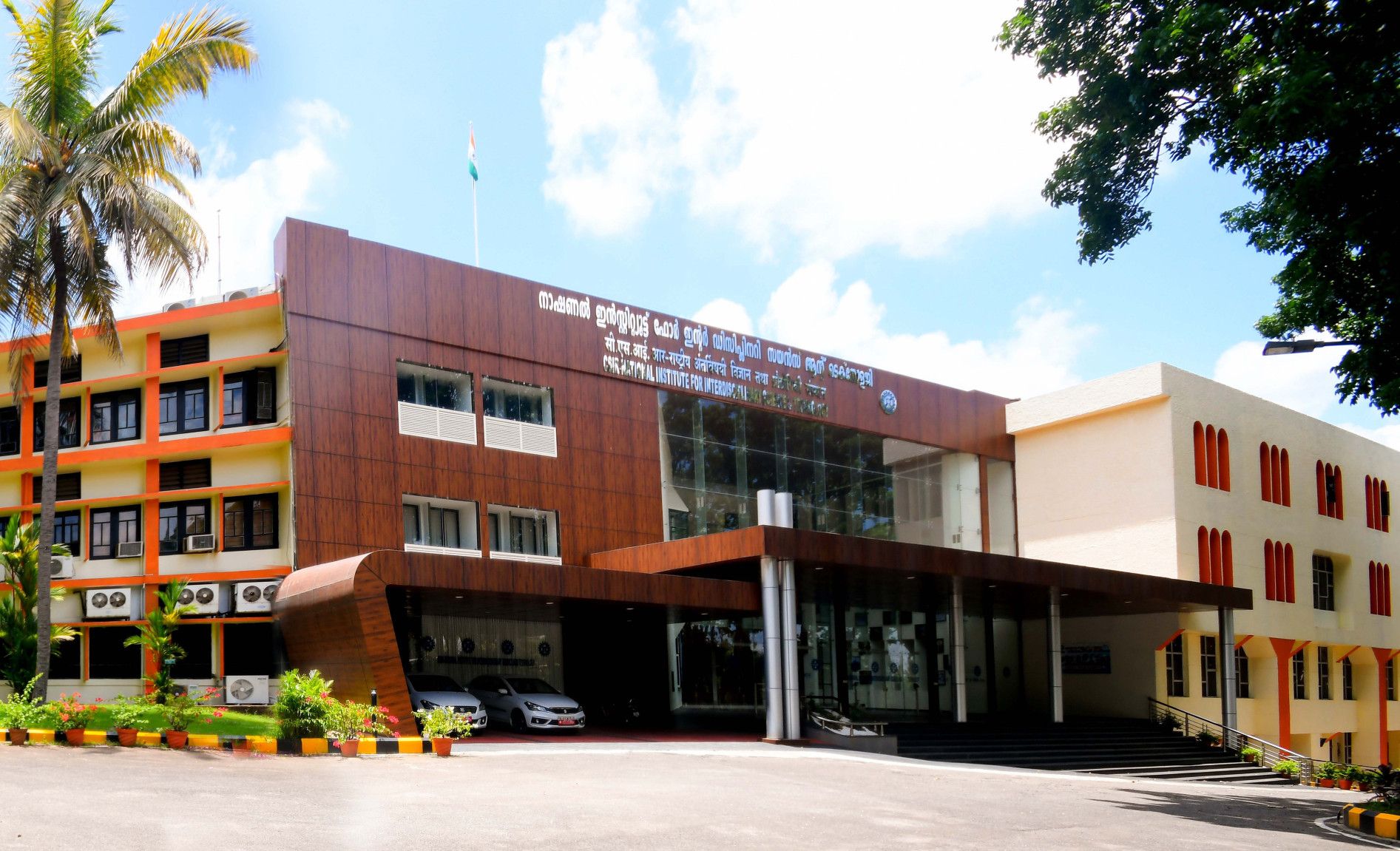Preserving Lives: How the Central Institute’s Retort Processed Food Aids Wayanad Landslide Survivors

The Council of Scientific and Industrial Research (CSIR) - National Institute for Interdisciplinary Science and Technology (NIIST) transformed their technology transfer incubation cell into a life-saving retort food processing and production unit. This transformation, powered by a dedicated team of scientists, staff, and research scholars is helping landslide survivors in Wayanad through the provision of retort processed food.
Retort processing involves cooking food in sealed, high-pressure packages, ensuring the elimination of all harmful microorganisms and enzymes. This process results in food that remains safe and nutritious for up to a year or more without refrigeration without preservatives of any kind. The packaging, made of flexible metal-plastic laminates, is durable, strong, and water-resistant, making it ideal for extreme conditions.
In disaster situations, access to clean water and cooking facilities is often limited. The primary aim of NIIST’s initiative was to provide food that could be consumed immediately without further preparation. Retort food is also prepared in study, strong and flexible packaging which will allow for easy transportation and durability in extreme conditions. NIIST has prepared ready-to-eat nutrient-rich products like upma and poha which can be directly opened and consumed without the need for any additional cooking or mixing which is perfect in such conditions and will be of great help to the victims in Wayanad. Retort processed food, with its long shelf life and robust packaging, proved to be the perfect solution here. It not only met the immediate nutritional needs of the survivors but also ensured that the food remained safe and consumable over an extended period.
Governments and disaster management agencies are urged to maintain stocks of such food to ensure swift and effective relief distribution in times of crisis.